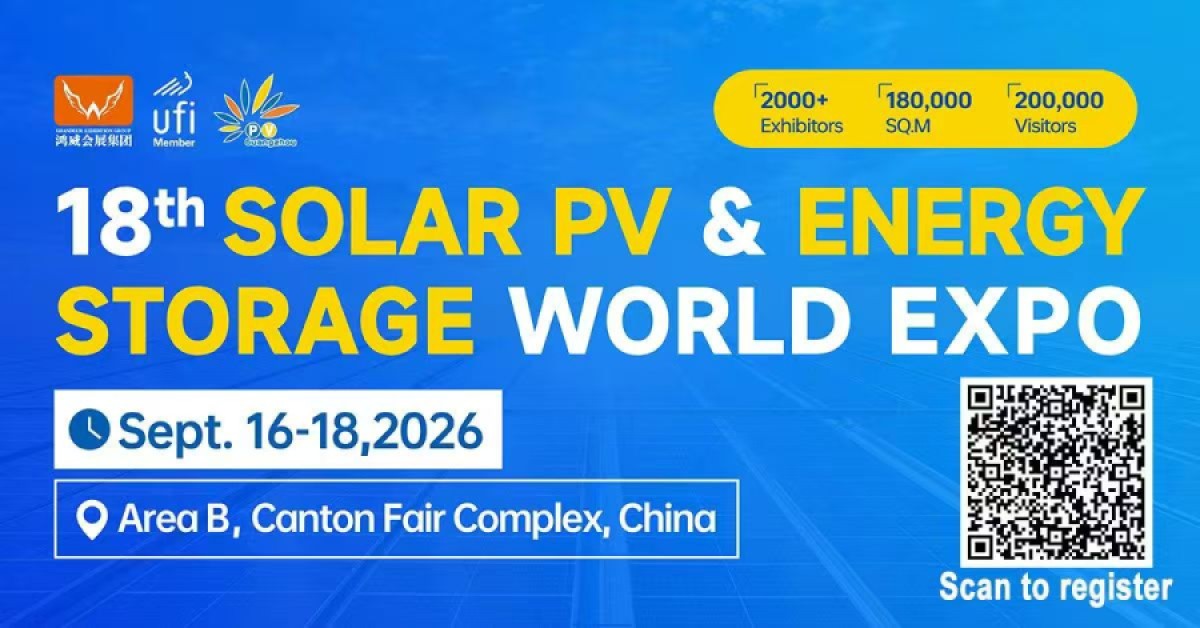Renewable Energy Confederation of Nepal (RECON) has been raising the issue of technology transfer and capacity building of relevant stakeholders for past few years. To deal into this issue RECON organised a webinar on Technology Transfer: Position and Prospects of RETs in Nepal on Monday September 28, 2020.
Alternative Energy Promotion Centre, Tribhuvan University - Research Centre for Applied Science and Technology (RECAST), Kathmandu University Department of Mechanical Engineering / School of Engineering, Green and Inclusive Energy Programme worked together to organise the webinar. Similarly, Nepal Government Ministry of Education, Science & Technology, and Nepal Academy of Science and Technology had extended cooperation for the fruitful outcome of the online event.
Chairperson of RECON Mr. Guna Raj Dhakal welcoming the guests, experts and participants mentioned that technology transfer for development of RETs at desired level has been a need for Nepal. So, concerned government agencies and relevant institution must work together. RECON will continue to work together with government, non-government, academic and private sector institutions to indentify gaps in policies, implementation methodologies and other aspects and will churn out a common view to influence planners and policymakers. Foreign and international agencies will also be coordinated for this objective to achieve. Likewise Nepalese working abroad will also be invited to join this initiation.
Vice Chancellor of Nepal Academy of Science & Technology (NAST) Dr. Sunil Babu Shrestha was the chief guest of the webinar while Former Minister of science & Technology Er. Ganesh Shah was key-note speaker. Likewise Academician of NAST and former Associate Dean of SOE, KU Prof. Dr. Ramesh Kumar Maskey moderated the webinar.
Chief guest Dr. Shrestha stressed collective efforts of relevant institutions to forge a strong force to upgrade the systems related to technology transfer. Technology to make affordable should be the baseline of technology transfer, he said. Thus, innovation should reach to people and address needs of people, he added. Dr Shrestha stressed on importance of ten Is - institution, individuals (HR and experts), investment, inter-cooperation, infrastructure, indigenous technology (to enhance), innovation, international relations (science diplomacy), intellectual property rights in the process of technology transfer and appropriately utilise technologies.
Former Minister Er. Ganesh Shah delivering key-note speech said that recently published Global Innovation Index shown Nepal progressing in innovation. He elaborated that Nepal needs to work deeply on policy matters and implementation aspects. Technology of renewable energy technologies means it is for whole social systems. RE for Agriculture is one activities going on now in the country to produce more and quality food items where technologies have to play role. Solar PV Pumping for irrigation and bio-fertiliser should be extensively utilised. Likewise, indigenous technologies and traditional practices are also to be improvised and standerised, he added. Thus, Technology Dialogue should be continued for brain storming, knowledge sharing and idea exchanges.
TVET expert Dr. Ramhari Lamichhane, Associate Professor at KU Dr. Sunil Lohani and Director of AEPC Dr. Narayan Adhikari presented on the relevant subjects. Executive Director of TU-RECAST Prof. Dr. Ramshwar Adhikari, Gender and RE Expert Dr. Indira Shakya and Under Secretary at Ministry of Education, Science & Technology Mr. Santosh Sharma commented on the presentations adding opinions on the positions and prospectus on technology transfer for renewable energy technologies in Nepal. Dr. Lamichhane said that revision of curricula is one vital point to consider while approach in social atmosphere should be taken seriously. Dr. Sunil Lohani stressed on research to suite to need of society. Likewise Dr. Narayan Adhikari highlighted scopes of RETs in Nepal for socio-economic upliftment of people.
Prof. Dr. Rameshwar Adhikari emphasised on people to learn green attitude for RETs to be best utilised. Dr. Indira Shakya said that fund allocated for research is equally important as we consider on need of research, technology transfer and capacity building and so on. So as research must not confine to documentation. Likewise Mr. Santosh Sharma stated that the government had formulated Innovation Policy, allocated Fund and initiated research activities as well. A dedicate section for technology transfer also has been open in the ministry, he informed. Therefore stakeholders may take benefit out of the systems developed recently, he added.
Dean of School of Engineering, KU Dr. Dambar Nepali delivering concluding remarks said that Chilime Hydropower Project has a landmark success and turned to be a model for Nepalese to invest in hydropower sector with confidence on Nepalese management and technical skills. That has been a great example of technology transfer. He however, noted that green attitude is a must for renewable energy technologies to fully operationalise for the benefit of all.
Title |
Attachment |
| Greening TVET (Dr. HR Lamichhane) | Download |
| RE Prospects (Dr. N. Adhikari) | Download |
| Technology Transfer (Dr. SP Lohani) | Download |




